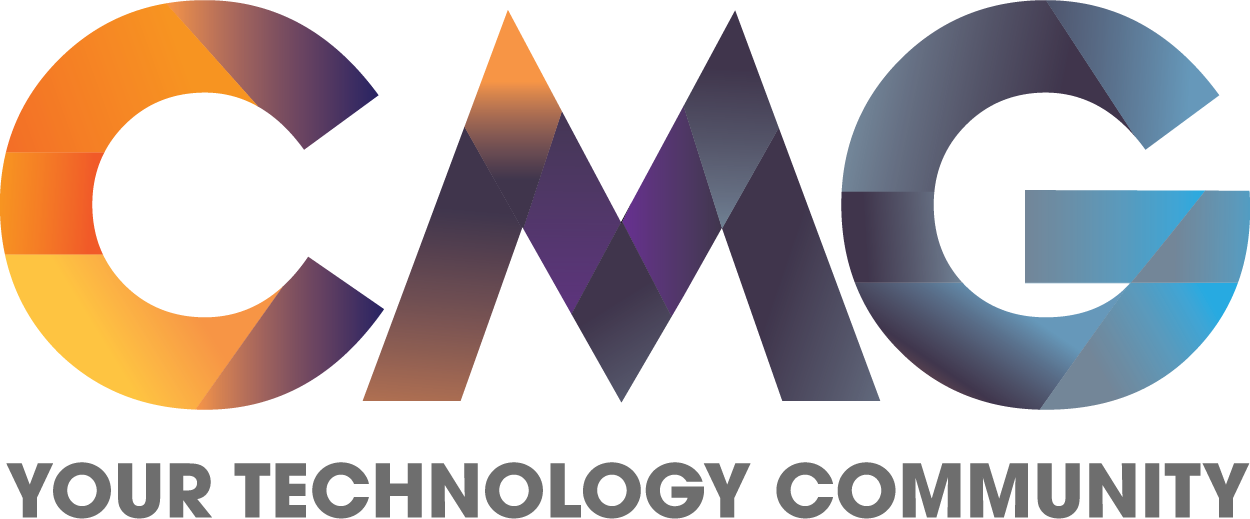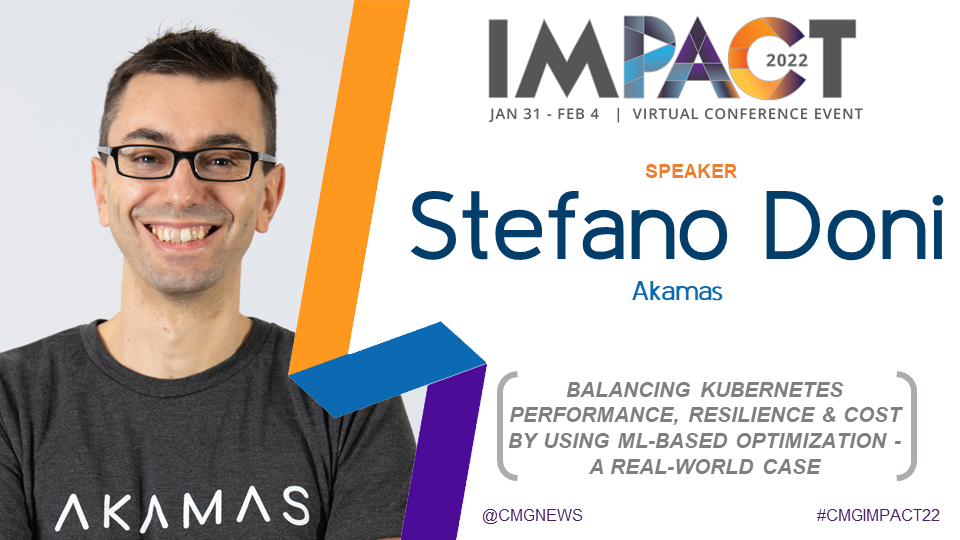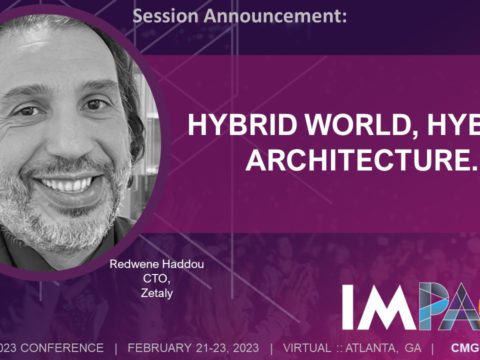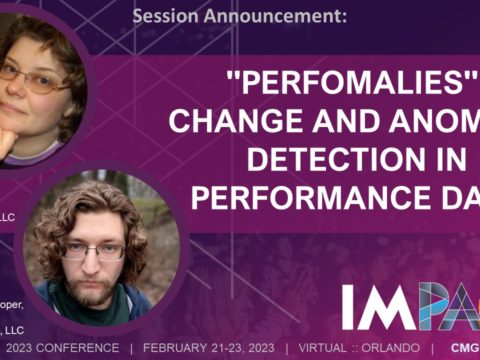IMPACT 2022 – Balancing Kubernetes performance, resilience & cost by using ML-based optimization – a real-world case

JOB ALERT! Data Engineer, Infrastructure Strategy
October 28, 2021
IMPACT 2022 – Cloud Servers Rightsizing with Seasonality Adjustments
November 1, 2021Properly tuning Kubernetes applications is a daunting task, often resulting in reliability and performance issues, as well as unexpected costs. We describe how ML-based optimization enabled a digital service provider to automatically tune Kubernetes pods and dramatically reduce the associated cost.
Properly tuning Kubernetes microservice applications is a daunting task even for experienced Performance Engineers and SREs, often resulting in companies facing reliability and performance issues, as well as unexpected costs.
In this session, we first explain Kubernetes resource management and autoscaling mechanisms and how properly setting pod resources and autoscaling policies is critical to avoid over-provisioning and impacting the bottom line.
We discuss a real-world case of a digital provider of accounting & invoicing services for SMB clients. We demonstrate how ML-based optimization techniques allowed the SRE team and service architects to automatically tune the pod configuration and dramatically reduce the associated Kubernetes cost. We also describe the results of incorporating resilience-related goals in the optimization goals.
Finally, we propose a general approach to tune pods and autoscaling policies for Kubernetes applications.
IMPACT 2022 Session Video:
To view the video you must have a CMG membership or had registered as an IMPACT 2022 Attendee. Sign up today!For existing members sign in here.





